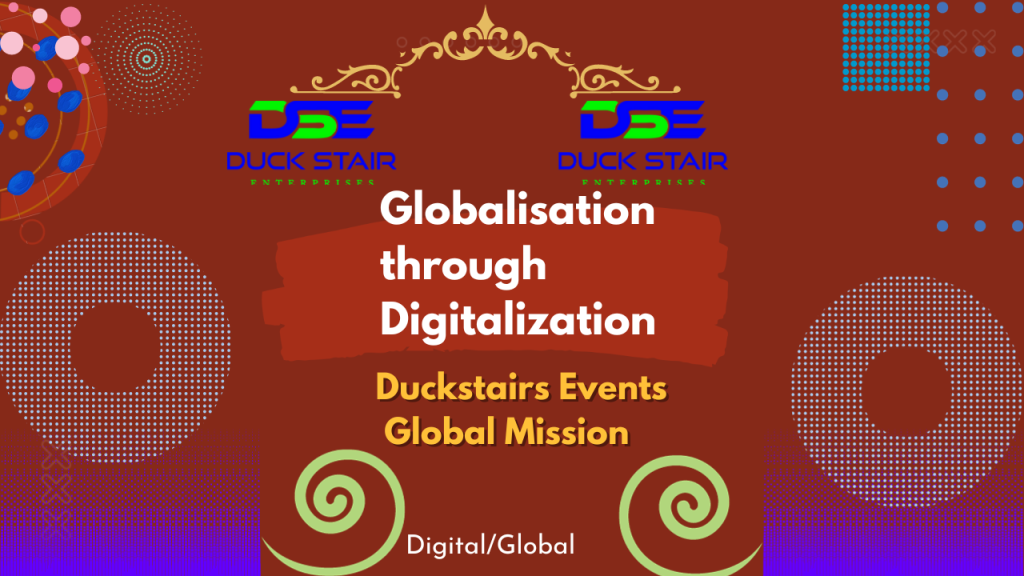Globalisation through Digitalization

Globalisation through Digitalization
Yes, globalisation is indeed possible through digitalization. Digitalization refers to the use of digital technologies to transform processes, systems, and interactions. It has significantly impacted various aspects of society, including communication, commerce, and culture. Here’s how digitalization facilitates globalisation:
Connectivity: Digital technologies have revolutionised communication by connecting people worldwide. The internet, social media, and messaging apps enable real-time communication, breaking down geographical barriers and allowing individuals to connect and collaborate across borders. This connectivity promotes the exchange of ideas, information, and cultures, fostering globalisation.
E-commerce: Digital platforms have transformed the way businesses operate globally. Online marketplaces, such as Amazon and Alibaba, enable businesses to reach customers worldwide, breaking down traditional barriers to trade. E-commerce allows consumers to access products and services from around the world, promoting global trade and economic integration.
Remote work and collaboration: Digitalization has facilitated remote work and collaboration, allowing individuals and teams to work together regardless of their physical location. This has led to the rise of distributed teams, where professionals from different countries collaborate on projects. Remote work and collaboration enhance globalisation by enabling the exchange of expertise and diverse perspectives across borders.
Digital finance: Digitalization has revolutionised financial services, making cross-border transactions faster, cheaper, and more accessible. Digital payment systems, such as PayPal and cryptocurrencies, facilitate international financial transactions, empowering businesses and individuals to engage in global trade and investment.
Cultural exchange: Digital platforms have amplified cultural exchange and understanding. Social media, video sharing platforms, and streaming services allow people to share and consume diverse cultural content, including music, films, and art, without being limited by geographical boundaries. This exposure to different cultures promotes global cultural awareness and appreciation.
Information flow: The digital age has democratised access to information. The internet provides a vast amount of knowledge and resources, allowing individuals worldwide to access information, learn, and stay informed about global events. This free flow of information enhances globalisation by empowering individuals to engage in global conversations and participate in global issues.
While digitalization has played a significant role in promoting globalisation, it’s worth noting that not all aspects of globalisation are solely driven by digitalization. Factors such as politics, economics, and social dynamics also influence globalisation. Nonetheless, digitalization has undoubtedly accelerated and facilitated the process of globalisation in numerous ways.
maimoonairam_56
https://brandingmaxmediamulty.comMaimoona Irm, Female, Belongs from Rawalpindi Pakistan. Dynamic, Innovative, Creative,